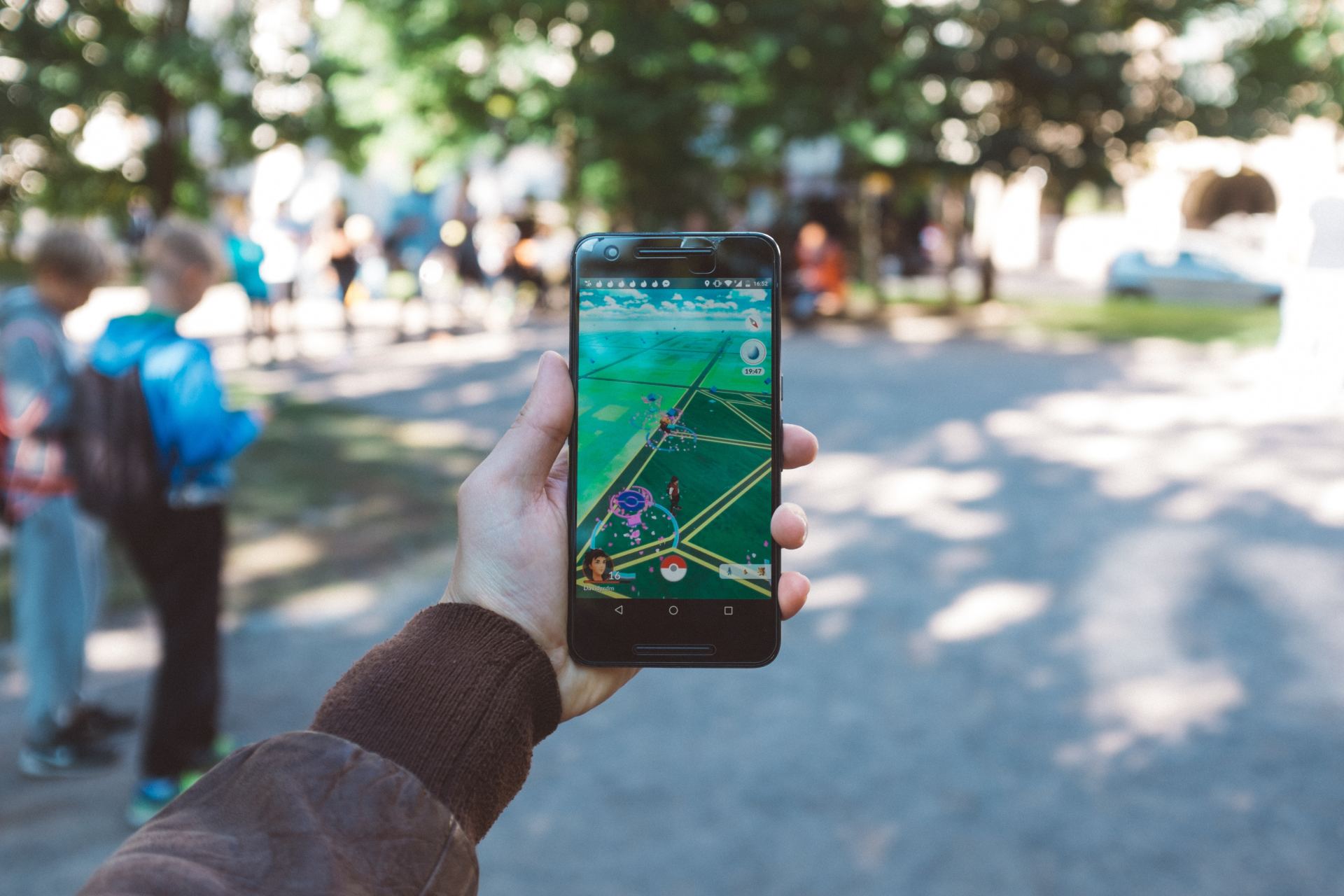Technology and the Family - Part 2
by Kevin Tutty
In my
previous article
I discussed how technology affects our attention, both indirected and directed attention. In indirected attention, there is no need to try to focus on what is being done. For example, when looking at a video screen, there is no need to focus your attention, the images “draw you in.” In directed attention, including reading a book or doing homework, an attempt to focus consciously is needed to complete the task. Also, if we engage in an activity involving indirect attention for an extended period of time, it can (and usually does) become more difficult to engage in other activities needing directed attention. Our brain can become lazy.
OK, so we know too much screen time isn’t good, but what do what are some ways to limit it and still keep some peace in our households? In her book, “Parenting in the Age of the Attention Snatchers, Dr. Lucy Palladino gives us “3 ‘R’s’: Running, Reflection and Rethinking” screen time.
Running, (or most any exercise) stimulates the release of endorphins. The drug Morphine, actually mimics the release of endorphins. Dopamine, for instance, is released in our brain when we exercise, which improves our mood in a natural way. I can say from experience, that there is a feeling I get from running that I can’t duplicate with any other activity. Running is the only way that I can completely clear my mind and think nothing except what I am doing at that time. This is actually the goal of mindfulness training, bringing ourselves fully in to the moment without distraction. The health benefits from running are a great result, as well. Signing up and running in a competition is both a great accomplishment and a way to stay accountable to your running program. I started at a 5K, and worked my way up to a marathon, and would recommend disconnecting from technology while running as much as possible, as it takes away from the experience to be constantly checking statistics. Hiking or biking are also great alternatives as well if you are not into running.
Reflection is the second “R.” Someone once said, “We are (or have become) ‘human doings’ instead of ‘human beings.’” This becomes more and more true with use of technology in our daily lives. I can tell it is harder for me to just relax since I have had a smartphone to check news feeds or play ‘Clash of Clans,’ my time-waster of choice. I feel I have to be doing something. Dr. Palladino points out that FOMO (fear of missing out) keeps us constantly checking social media, or any number of other things on our devices. Next time you get a text or a phone call, see how difficult it is not to attend to it. There are now psychological disorders developing relating to not being able to look at our devices at a given time. But as we know from
the last article
, it gets harder and harder to do (or not do) things the more we use our electronic devices because we get conditioned to check updates - wouldn’t want to miss out on something, would we?
Rethinking screen time is related to using devices as a “means” more than an “end.” Dr. Palladino refers to it as “using technology as a tool rather than a toy.” This can be using other resources besides technology for task completion, and including research. Rethinking how we use technology will help us to reframe its use in your child’s mind. Talking to them about how they use technology will help them to think about responsible use of it.
Palladino, Lucy, PhD.
Parenting in the Age of the Attention SnatchersApril.Boulder, CO:Shambhala Publications, 2015.
Author: Kevin Tutty, MS, LPC. Kevin is a Licensed Professional Counselor and a clinical member at Transforming Life Counseling Center.







